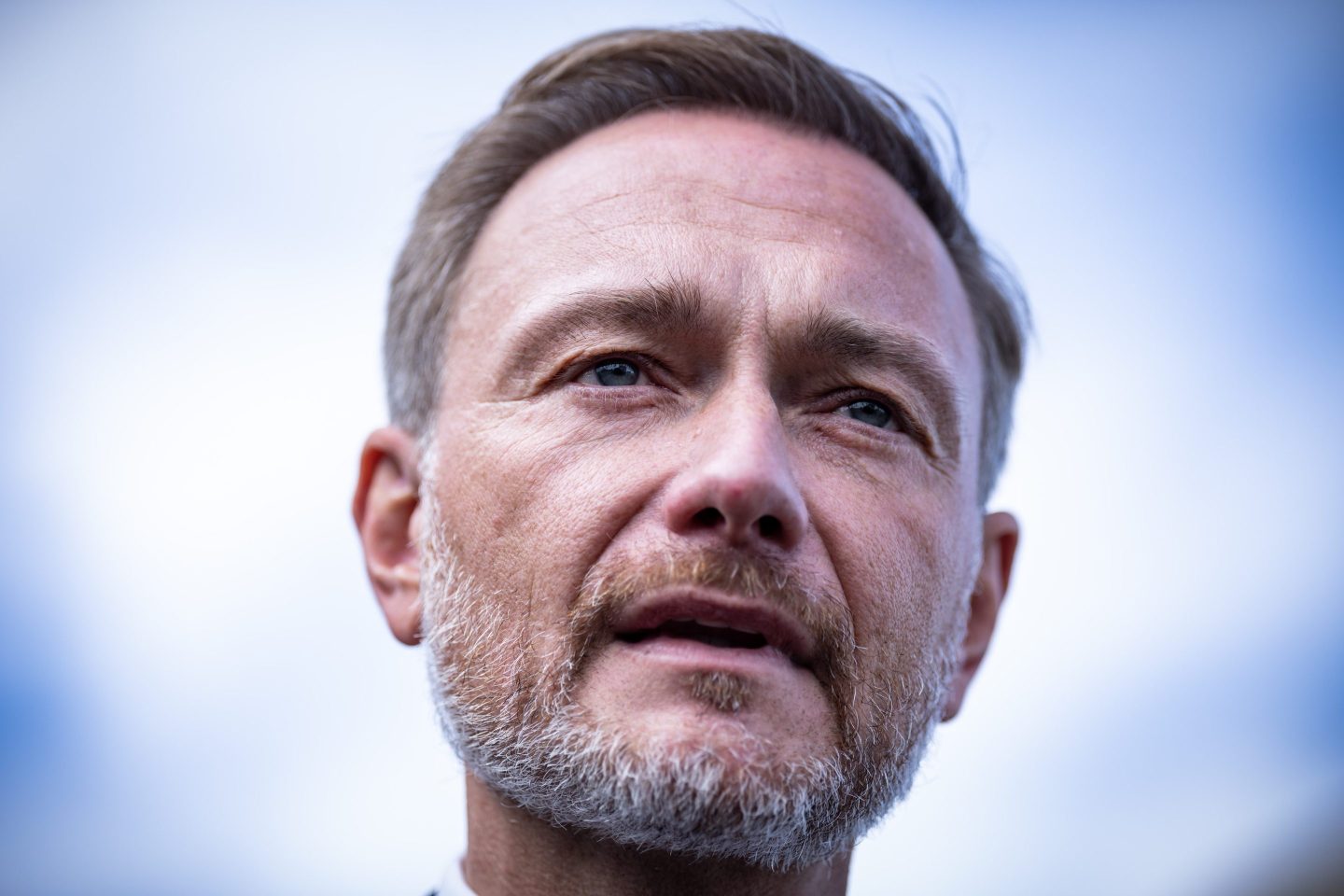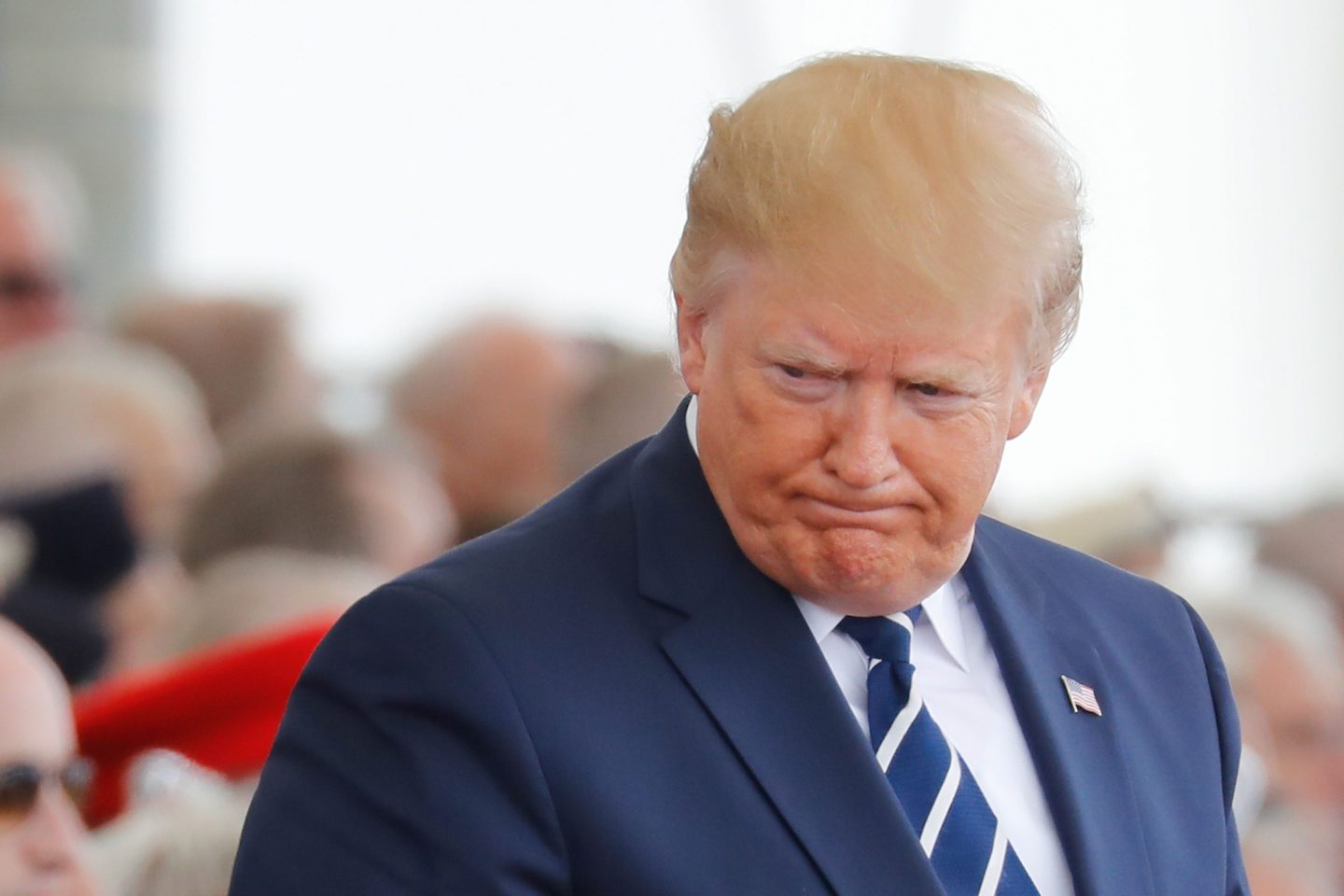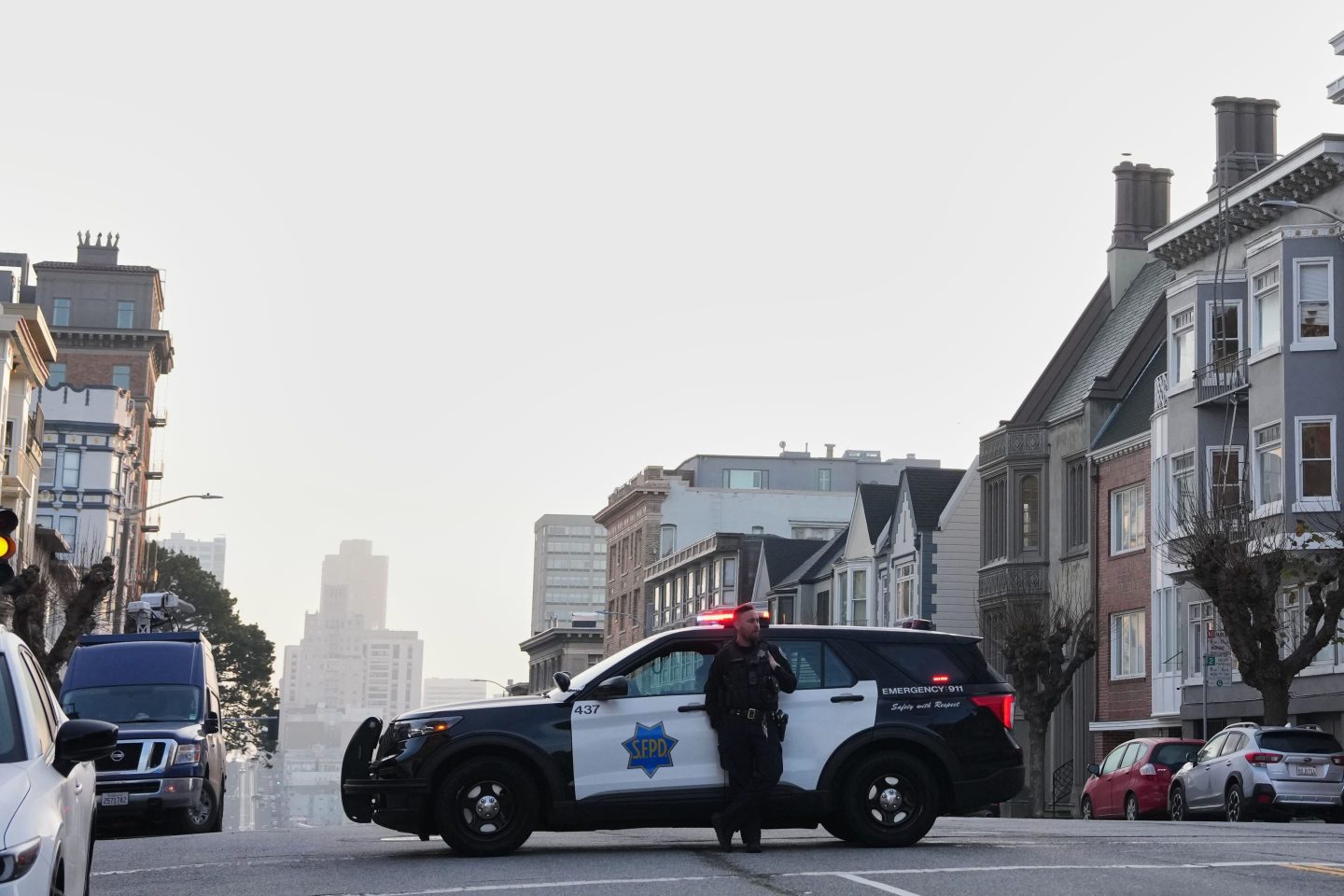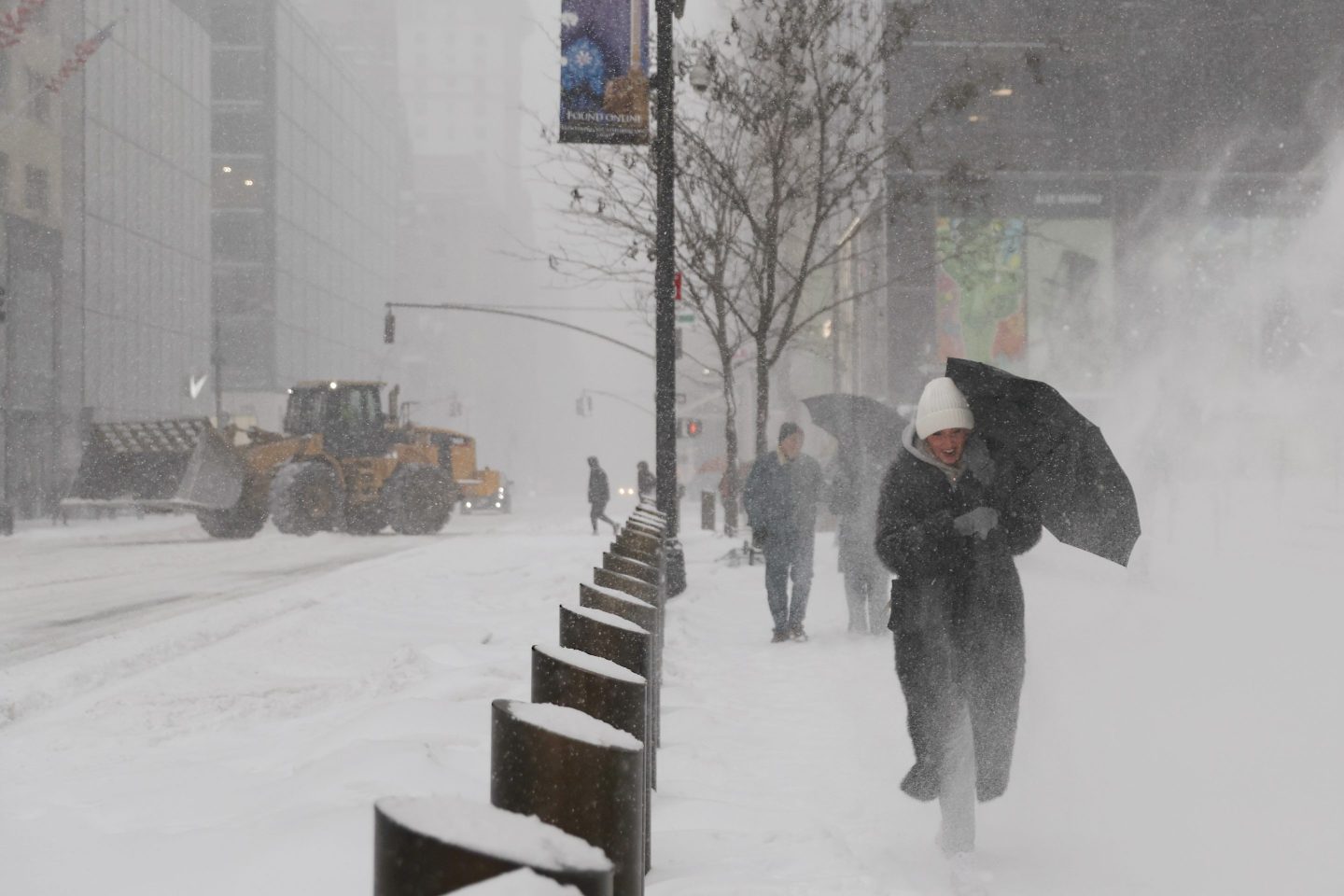Chancellor Olaf Scholz punted Germany’s looming energy crisis into next winter in order to end an internal feud over the fate of the country’s three remaining nuclear power plants.
Despite vocal support from climate activist Greta Thunberg, he decided to extend the operational lives of the three plants only until April 15, 2023.
Afterward, Germany’s more than 50-year-long experiment with atomic energy comes to a likely end just three months longer than planned.
“The problem has only been postponed,” wrote conservative first minister Markus Söder of Bavaria, the wealthy state that is home to one of the plants.
“This may be a solution to the conflict in the coalition, but not for Germany’s electricity problem. The risk of a blackout in the coming year remains.”
The war in Ukraine has prompted a reckoning with Germany’s exit from atomic energy, a decision taken immediately following the Fukushima disaster in 2011, much to the delight of a Green Party that first rose to national prominence in the aftermath of Chernobyl.
Many of the small- and medium-size business owners that make up the backbone of Europe’s largest economy had relied on importing cheap plentiful natural gas from Russia as a substitute for the planned reduction of nuclear as well as coal-fired power.
They are now suffering from soaring electricity prices and even face the possibility of energy rationing owing to September’s shutdown of the Nord Stream 1 pipeline.
In view of the crisis, popular opinion showed overwhelming support in Germany to extend the operational lives of the three plants past the end of this year, when they were due for mandatory shutdown ahead of permanent decommissioning.
On the to-do list
The 15-week extension is therefore a stinging defeat for the country’s economically liberal finance minister Christian Lindner.
His pro-business Free Democrats failed to overcome the resistance within the government to their proposal for an extension at least into 2024.
Lindner had sought to use the recent support of Thunberg for plans to his political advantage.
But the Free Democratic Party (FDP) is the smallest of the three parties, and its election fortunes took a turn for the worse earlier this month when it was kicked out of the state parliament responsible for the nuclear power plant in Emsland.
The FDP boss, who has repeatedly used the term “energy war” to describe Germany’s dire situation, tried to sell the fudge as progress, arguing Emsland would produce an extra 1.7 terawatt-hours of electricity for the economically depressed Lower Saxony.
What the loss of the three plants means for next winter’s power supply is anyone’s guess.
Following Russian President Vladimir Putin’s use of energy as a tool of extortion, there is little political appetite in Germany to remain dependent on natural gas imported from Kremlin-owned Gazprom.
Lindner, whose core constituency comprises Mittelstand business owners, said finding a longer-term solution to energy security effectively remained on his tripartite government’s to-do list.
“Together we will find viable solutions for the winter 2023/2024,” he wrote. “People can count on that.”













